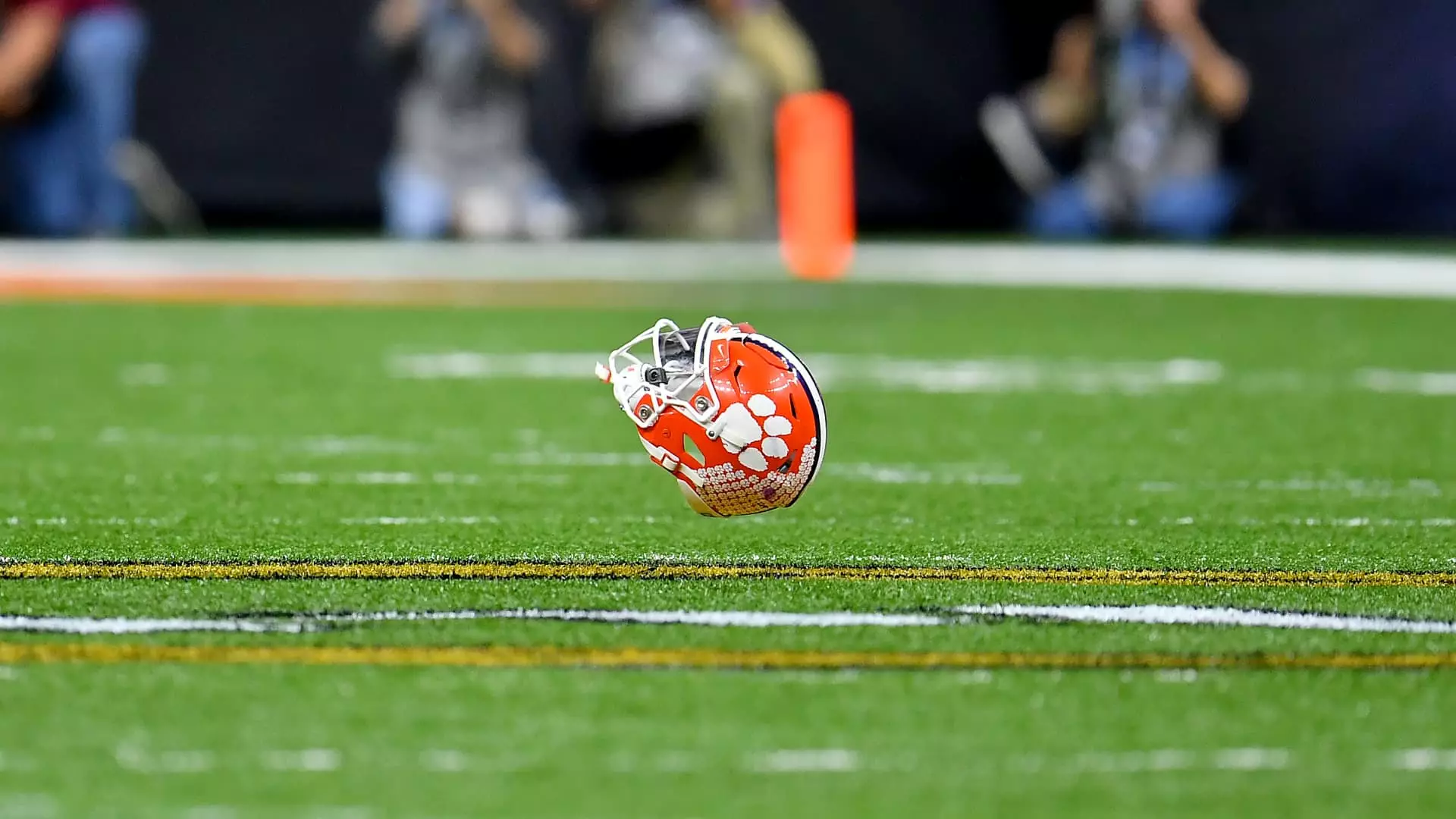The recent resolution of the DirecTV and Disney dispute highlights the intricate dance between pay-TV providers and content owners, especially in the realm of live sports broadcasting. After a blackout that lasted nearly two weeks, DirecTV managed to secure a deal with Disney just in time for major sporting events, including college football and the upcoming Emmy Awards. This incident serves as a poignant reminder of how consequential live sports rights are in today’s media landscape, affecting not only providers and content creators but also millions of viewers who depend on access to these broadcasts.
The conflict began on September 1 when negotiations between the two entities broke down over fees and the structure of bundled channels. For DirecTV’s 11 million subscribers, this was more than just an inconvenience; it meant missing out on high-stakes events like the U.S. Open and the September edition of “Monday Night Football.” This blackout underlined a growing trend in consumer frustration over traditional pay-TV models, with DirecTV executives advocating for more streamlined, genre-specific packages.
Disney’s assertion that DirecTV’s offers failed to reflect the value of its networks only compounded the tension, laying the groundwork for mutual allegations of bad faith negotiations. In the high-stakes environment of media rights and distribution, both companies accused one another of prolonging the situation, making it evident that the value of live sports is a contentious topic.
On a positive note, the resolution reached by DirecTV and Disney is not just a simple return to the status quo; it signifies a shift towards more consumer-friendly options. Dubbed a “first-of-its-kind collaboration,” the new deal allows DirecTV to bundle Disney’s channels, including ESPN, alongside their streaming services—such as Disney+, Hulu, and ESPN+—in a customizable manner. This move aims to accommodate the evolving preferences of viewers who are increasingly interested in niche content.
Moreover, DirecTV secured exclusive rights to distribute Disney’s forthcoming direct-to-consumer ESPN streaming service, which is set to launch in the fall of 2025. This is a strategic win for DirecTV, adding significant value to its offerings while appealing to a market that is leaning away from traditional cable subscriptions.
The blackout had ramifications that extended beyond just subscribers—it affected small businesses across the country that depend on DirecTV for broadcasting live sports. Bars and restaurants often rely on such services to draw crowds during major events, and the interruption in service left many struggling to provide their usual offerings. This point accentuates the interconnectedness of media rights, subscriber services, and the hospitality industry, illustrating that agreements in the media realm can have broader economic implications.
Furthermore, the blackout occurred at a critical moment, coinciding with the presidential debate. Disney attempted to temporarily reinstate ABC broadcasts for DirecTV users on debate night; however, DirecTV refused, believing that it was unnecessary given multiple alternative broadcasts. This decision not only showcased the competitive nature of media distribution but also illustrated how public perceptions are shaped by corporate standoffs.
As media consumption habits shift, the fallout from incidents like this serves to highlight the evolving landscape of television and streaming. Antitrust concerns are increasingly relevant in the world of corporate media as evidenced by recent cases involving collaborations between major players like Disney and Warner Bros. Discovery. DirecTV’s grievance filed with the Federal Communications Commission regarding the negotiation process sheds light on the regulatory scrutiny in this evolving space.
In a world where traditional cable subscriptions are waning, and streaming platforms continue to rise, the pressure is mounting on all parties to innovate and adapt. The recent dispute serves to underline the necessity of transparent and fair negotiations to avoid prolonged service disruptions that affect consumers and businesses alike.
The DirecTV and Disney agreement signifies a cautious step towards better consumer satisfaction, with a promise of more flexible options for content consumption. As the media industry continues to navigate rapid changes, it will be essential for all stakeholders to find common ground that prioritizes viewer access while also respecting the inherent value of the content. The resolution of this situation might just be one chapter in a larger narrative about the future of television as we know it.

